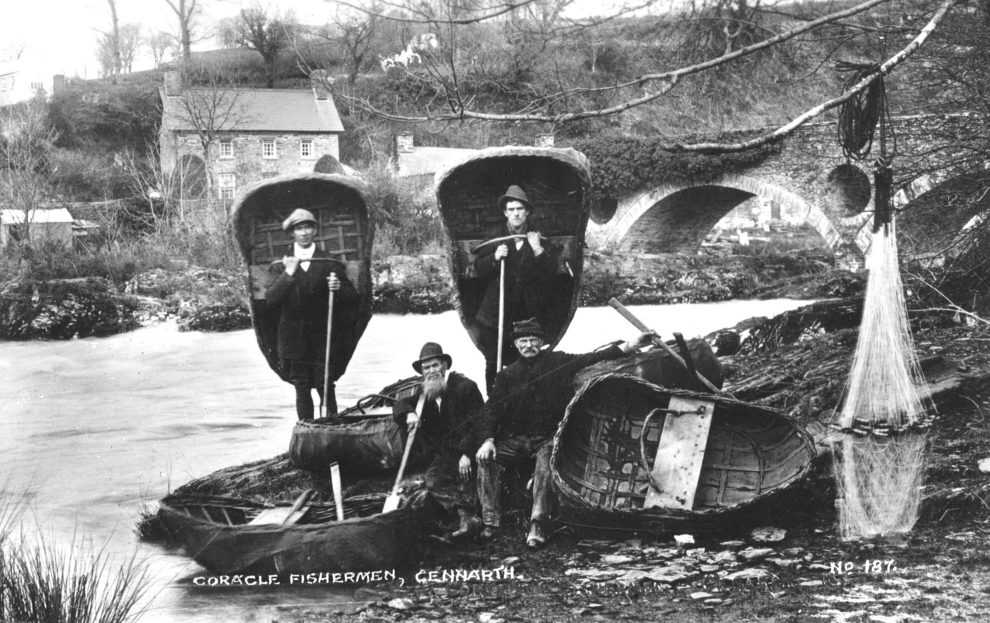The age-old practice of coracle fishing in mid and west Wales is under jeopardy, as local fishermen warn of the perils posed by river pollution and climate change. This traditional method involves floating in a coracle and manually using nets to detect fish on the riverbed, particularly on the Teifi and Tywi rivers.
Andrew Davies, a fisherman, expressed his concerns, noting the disturbing presence of contaminants in these waters, ranging from raw sewage to sanitary products and toilet paper.
The Welsh government, in response, stated that it had allocated “significant funding” to enhance the quality of river water.
Coracle fishing is conducted in the darkness, typically during the early morning hours to prevent fish from detecting the nets.
Reports indicate that the riverbed of the Teifi River is coated with a brown slime, a consequence of rising phosphate levels in the river. Andrew Davies, Chairman of the Carmarthen Coracler and Netsmen’s Society, with 34 years of experience fishing on the Tywi, explained, “Basically, it covers the whole bottom of the river, and it just multiplies,”
“Within a week all the stones are covered with these green algae.
“And because there’s no flow in the rivers it just stays there and takes all the oxygen out of the water.”
“I’ve been fishing at two or three o’clock in the morning and there’s foam all the way across the river and it smells of detergent.
“If something isn’t done in the next five or 10 years, I can’t see the rivers coming back.”
NRW operations manager Ann Weedy said: “We share the wider public concern over the state of our rivers and are actively working with key stakeholders on addressing the causes of poor water quality, as well tackling other challenges including climate change and invasive species which can all impact on fish populations.
“We are already working in partnership through nutrient management boards to address phosphate pollution and work to achieve the conservation objectives of our rivers for the long term.
“Our local teams deliver a 24/7 service and investigate approximately 100 environmental incidents reported to us every year in the Teifi catchment ranging from slurry spills, damage to special habitats and unpermitted sewage discharges.”
The Welsh government said: “We fully support communities in the Teifi catchment and across Wales in their demands to stop pollution in Wales’ rivers.
“We have made significant funding available to improve river water quality in Wales.
“It’s vital we all work together – government, regulators, developers, farmers, water companies and communities – to reduce the pollution in our rivers.
“It is only by working collaboratively that we can tackle the risks and threats our rivers face.”
In 2020, Natural Resources Wales (NRW) introduced a series of by-laws aimed at safeguarding fish species like salmon and sea trout. These regulations stipulate that any salmon caught by rod and net fisheries must be released.
Furthermore, the cost of net fishing licenses has risen over the years, and the fishing season has been shortened to a period of three months, running from May to July.


















